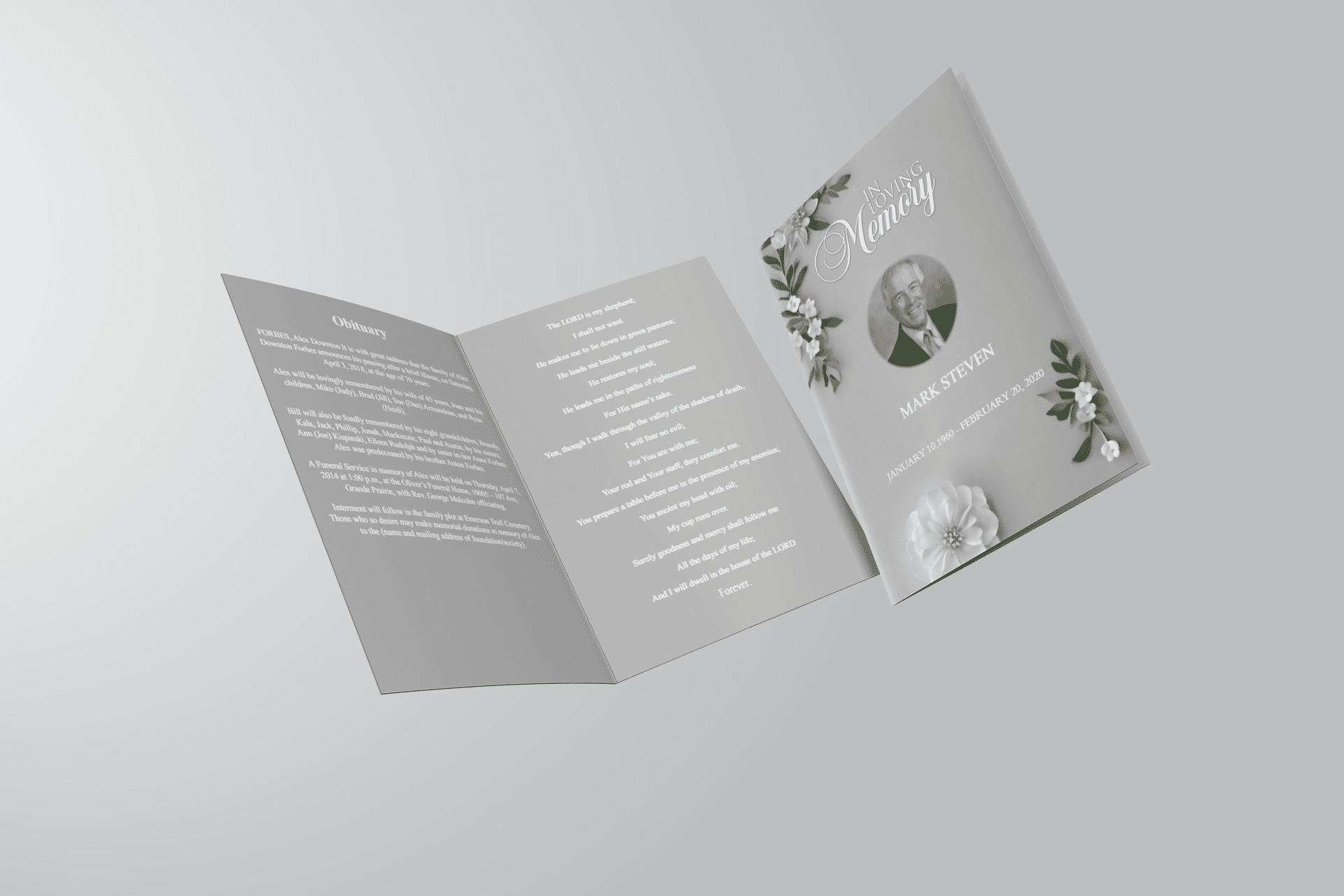Planning a funeral can be a deeply emotional and complex process. During this time, many people have questions about the logistics, traditions, and options available for honoring their loved ones. In this blog post, we’ll answer some of the most common questions related to funerals, covering everything from the basics of planning a service to understanding funeral etiquette and customization options.
1. What Is the Purpose of a Funeral?
A funeral serves multiple purposes. Primarily, it provides an opportunity for family and friends to say goodbye and honor the life of the deceased. It is also a formal occasion where people come together to support each other during their time of loss, share memories, and celebrate the life of the person who has passed away. Funeral services can vary widely based on cultural, religious, and personal preferences, but the underlying goal is to provide closure and a meaningful farewell.
2. What Are the Main Types of Funerals?
Funerals can take various forms depending on cultural, religious, or personal beliefs. Here are the most common types:
- Traditional Funeral: This type of funeral typically includes a formal service, often held in a church or funeral home, followed by a burial or cremation. The service may feature readings, music, prayers, and eulogies.
- Memorial Service: A memorial service is similar to a traditional funeral but usually occurs after the burial or cremation has taken place. The body is not present, allowing more flexibility in the timing and location of the event.
- Graveside Service: This is a brief ceremony that takes place at the burial site. It may be held in addition to or in place of a traditional funeral service.
- Direct Cremation or Burial: In some cases, families opt for a direct cremation or burial without a formal service. This is a more affordable option and is often followed by a private gathering or memorial at a later date.
3. How Much Does a Funeral Typically Cost?
Funeral costs can vary significantly based on factors such as location, services provided, and burial or cremation options. On average, a traditional funeral can cost anywhere from $7,000 to $12,000, including expenses like the casket, embalming, the service, and the burial plot. Direct cremations, which are a more cost-effective option, generally cost between $1,000 and $4,000.
If you’re concerned about costs, many funeral homes offer packages, and you can customize services based on your budget. It’s also helpful to compare prices and ask for itemized price lists from funeral providers to avoid unexpected expenses.
4. Can I Personalize a Funeral?
Yes, funerals are becoming increasingly personalized to reflect the personality, values, and life of the deceased. Personalization can take many forms, including:
- Customized Funeral Programs: Many families create personalized programs with photographs, stories, poems, and quotes that reflect the life of their loved one. Websites like QuickFuneral.com offer customizable funeral templates that make this process easier.
- Music and Readings: Select songs, hymns, or readings that were meaningful to the deceased. You can also ask family members or friends to deliver personal eulogies or share stories during the service.
- Themed Funerals: Some people choose to incorporate a theme into the funeral, such as the deceased’s favorite hobby, sports team, or cause. This can be reflected in the decor, attire, and overall tone of the service.
5. How Can I Plan a Funeral on a Budget?
Planning a meaningful funeral on a budget is possible with some careful decision-making. Here are a few tips to consider:
- Opt for Cremation: Cremation is generally less expensive than burial. You can also hold a memorial service without the cost of embalming or purchasing a casket.
- Simplify the Service: A simple graveside service or direct burial can save on costs while still providing a meaningful farewell.
- Consider DIY Elements: Designing your own funeral program or creating a video tribute using online templates can save money on professional services. Many websites, including QuickFuneral.com, offer free or affordable customizable templates.
- Shop Around: Funeral homes are required by law to provide itemized price lists, so take the time to compare prices from different providers in your area.
6. What Is the Etiquette for Attending a Funeral?
Funeral etiquette may vary depending on the type of service and the family’s cultural or religious traditions, but here are some general guidelines:
- Dress Appropriately: Funeral attire is typically formal and conservative. Black or dark-colored clothing is the norm, but some families may request brighter colors or casual attire based on the wishes of the deceased.
- Arrive on Time: Arriving 10 to 15 minutes early is generally considered respectful. If you arrive late, try to enter quietly and sit at the back of the venue.
- Offer Condolences: It’s appropriate to express your sympathy to the family, either in person or by sending a card or flowers. Be sincere and brief in your condolences, as the family may be emotionally overwhelmed.
- Follow the Program: If the service includes religious rituals or moments of silence, follow along respectfully even if you’re unfamiliar with the customs. Pay attention to cues from the officiant or other attendees.
7. What Happens During a Funeral Service?
The structure of a funeral service can vary, but a typical service might include:
- Welcome or Opening Remarks: Often given by the officiant, this sets the tone for the service and offers a reflection on the life of the deceased.
- Readings and Prayers: These can be religious or secular and are often chosen by the family.
- Eulogy: A eulogy is a speech or tribute delivered by a family member or close friend, celebrating the life and legacy of the deceased.
- Music: Hymns, songs, or instrumental pieces are often played throughout the service, either live or recorded.
- Committal or Closing: This is the final part of the service, which may include the burial or the scattering of ashes in the case of cremation.
8. Can Funerals Be Held Outside of Traditional Venues?
Yes, funerals can be held in a variety of locations depending on personal preference and the wishes of the deceased. While many people choose to hold services in a church or funeral home, other options include:
- Private Homes: A small, intimate service can be held at a family home or the residence of the deceased.
- Parks or Gardens: Outdoor services, especially for those who enjoyed nature, are becoming more popular.
- Community Centers: Some families choose to hold a service in a community hall, especially for larger gatherings.
- Beach or Lakeside: For a more casual and scenic setting, some services are held near bodies of water, often followed by a scattering of ashes.
9. How Can I Make a Funeral Environmentally Friendly?
If you’re concerned about the environmental impact of a funeral, there are several ways to make the process more sustainable:
- Green Burials: Green burials forgo embalming chemicals and use biodegradable caskets or shrouds to reduce the environmental footprint.
- Cremation: While cremation has a lower environmental impact than traditional burials, you can further reduce its effect by choosing eco-friendly urns or scattering ashes in nature.
- Memorial Donations: Instead of sending flowers, you can ask attendees to donate to a charity in the name of the deceased, supporting causes like environmental conservation.
10. Can I Pre-Plan My Own Funeral?
Yes, many people choose to pre-plan their funeral to alleviate the emotional and financial burden on their loved ones. Pre-planning allows you to:
- Specify Your Wishes: You can decide in advance what type of service you want, including the music, readings, and location.
- Lock in Prices: Pre-paying for funeral services can protect you from future price increases.
- Ease the Burden on Loved Ones: By planning your own funeral, your family can focus on mourning rather than making stressful decisions during a difficult time.
Funerals are an important part of honoring a loved one’s life and providing closure to family and friends. By understanding the common questions and concerns surrounding funerals, you can make informed decisions that reflect the wishes of the deceased while providing comfort to those in attendance. Whether you’re planning a service or attending one, having clarity on funeral customs and options can help you navigate this challenging time with grace. If you’re in need of customizable funeral programs or templates, visit QuickFuneral.com for resources that can make the process easier.


